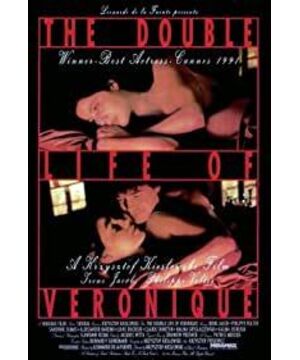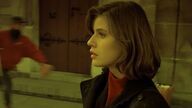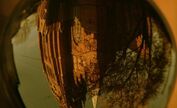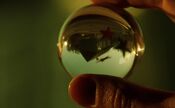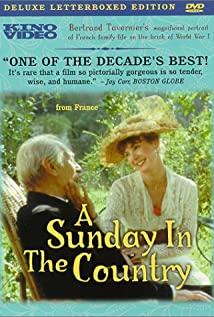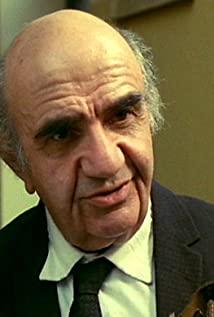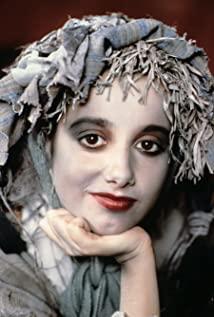difficult to understand the director's lens language and the themes behind it. Whether it is idealism or materialism, fate and mystery, everyone has experience in life, and this is mysticism. There is a theory that there is a certain gap between idealism and materialism, and
this gap is filled by mysticism. Director Kieslowski's creative space is the gap between rationality and idealism. Having said so much, I feel that I have fallen into the speculation of the concept of philosophical nouns. If I go
further it will not help the discussion of the theme of this film.
OK, back to the movie itself. Two VERONIQUEs, who have never met, but perceive each other, seem to share a soul and influence each other's fate. If so, let us believe in fate and mystery, will the essence of life be
nothing but meaninglessness? If we don't believe in destiny and we want to master our own destiny, will the essence of life go to another extreme, to endless greed? I think this is a multiple-choice question. A person cannot
believe in fate and feel that he can control his fate. I think I believe in destiny.
Others believe that the director expressed his resistance to politics through the film. If it really has such a meaning, it is either hidden too deep, or my understanding ability is limited and it is really difficult to understand. If we make a
superficial connection, maybe the political ecology, just like the essence of life, is as incomprehensible as the essence of life, full of fatalism, and various political forces also influence each other, eventually leading to nothingness. There is no absolute political right or wrong.
Then, the common meaning of politics and life lies in the process.
View more about The Double Life of Véronique reviews


